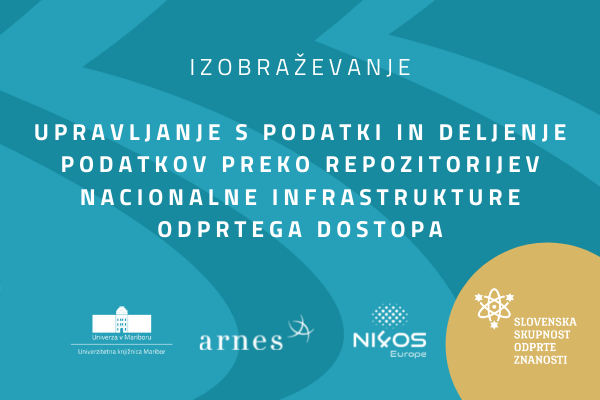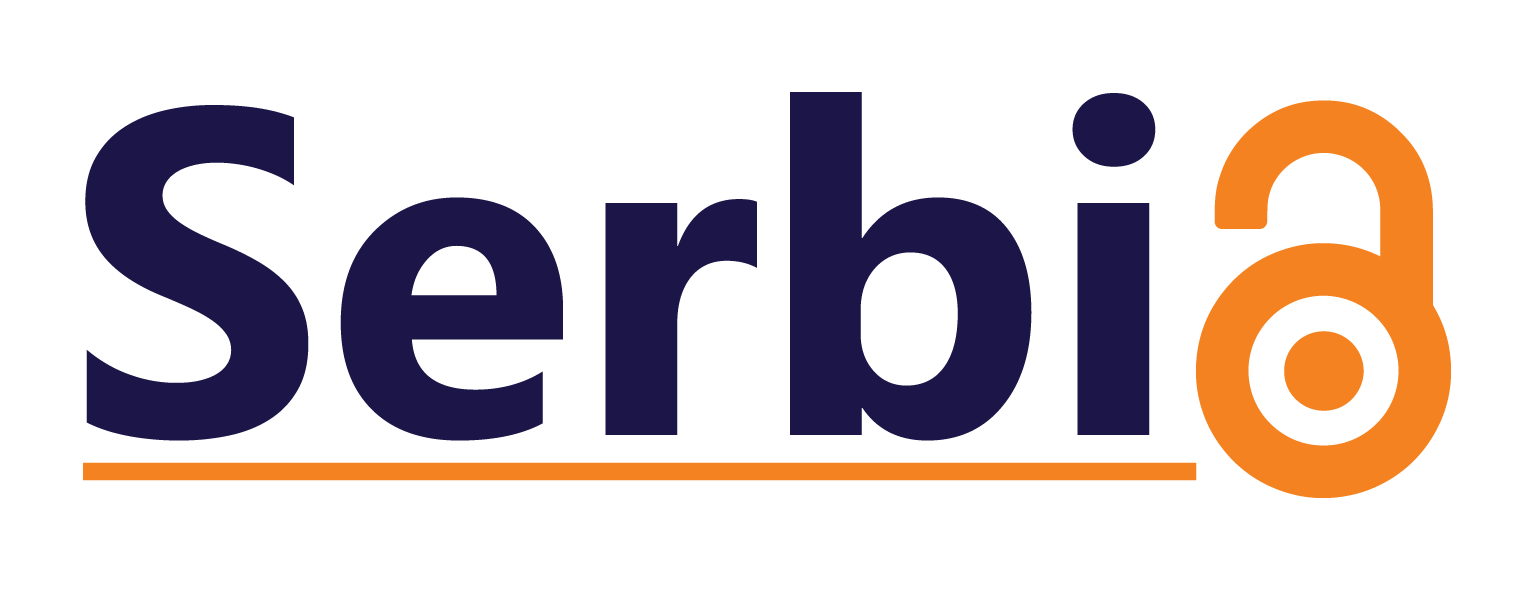National capacity building event in Albania organized by RASH
- Trainer: Andi Malaj
- Trainer: Andi Malaj
- Trainer: Mirela Muca
- Trainer: Arjan Xhelaj
- Trainer: Bernard Zeneli
EOSC related training materials from the annual conference SRCE DEI 2022 (https://dei.srce.hr/):
- NI4OS-Europe poster session
- The Croatian Open Science Cloud (locally HR-OOZ)
- The onboarding process of Croatian repositories and HPC Isabella in NI4OS

- Trainer: Kristina Posavec
National capacity building event in Cyprus organized by CyI
- Trainer: Andreas Athenodorou
- Trainer: Valentinos Constantinou
- Trainer: Iason Giraud
- Trainer: Iason Giraud
- Trainer: Sylvia K.
- Trainer: Marco Miani
Big data management is a major challenge, as it is necessary to establish a process that ensures quality, findability, accessibility, and reusability of data. In this seminar, we will present practical examples on how to prepare data, document it, and publish it in the repositories of the National Open Access Infrastructure (OAI).

- Trainer: Damjan Harisch
- Trainer: Brina Klemenčič
National capacity building event in Montenegro organized by UoM
- Trainer: Enis Kocan
- Trainer: Bozo Krstajic
- Predavač: Dragana Radulović
- Predavač: Vladimir Risojevic
- Predavač: Dusan Vudragovic
National capacity building event in Georgia organized by GRENA
National end-users event in Romania organized by ICI & UEFISCDI
- Trainer: Dragos Barbu
- Trainer: Dragos Catalin Barbu
- Trainer: Ella Ciuperca
- Trainer: Ella Ciuperca
- Trainer: Andreea Dinu
- Trainer: Alina Irimia
- Trainer: Carina Mihaela Mihaela Carina
- Trainer: Gabriel Neagu
- Trainer: Andreea Popa
- Trainer: Andreea Popa
- Trainer: Alexandru Stanciu
- Trainer: Ioana Trif
national end users training event in Bulgaria organized by IICT-BAAS
- Trainer: Galia Angelova
- Trainer: Emanouil Atanassov
- Trainer: Emanouil Atanassov
- Trainer: Georgi Gadzhev
- Trainer: Todor Gurov
- Trainer: Sofiya Ivanovska
- Trainer: Aneta Karaivanova
- Trainer: Georgi Simeonov
- Trainer: Peter Stanchev
- Trainer: Svetlozar Yordanov
National end users event in Moldova organized by RENAM
- Trainer: Tamilla Barov
- Trainer: Petru Bogatencov
- Trainer: Natalia Cheradi
- Trainer: Nicolai ILIUHA
- Trainer: Andrei Moisei
- Trainer: Olga Popcova
- Trainer: Nelly Turcan
National end-users training event in Armenia.
- Trainer: Hrachya Astsatryan
National end-users training event in Croatia organised by SRCE and RBI.
- Trainer: Judit Éva Fazekas-Paragh
- Trainer: Anikó Kiss
- Trainer: Ádám Száldobágyi
- Trainer: Erzsébet Veze
- Trainer: Erzsébet Veze
National end-users training event in Croatia organised by SRCE and RBI.
- Trainer: Draženko Celjak
- Trainer: Kristina Posavec
- Trainer: Kristina Posavec
The project NI4OS-Europe - National Initiative for Open Science in Europe, actively participates in the establishment of the European Open Science Cloud (EOSC), which seeks to ensure an easy and seamless access to electronic infrastructures, services and dat for the research community. As part of this project, which involves 22 organizations from 15 EU member states and associated countries from Southeast Europe, a catalog of digital services to be included in the EOSC portfolio has been established. Through a series of short presentations, participants will learn about selected services developed in Serbia and the partner countries.
The training is jointly organized by the University of Belgrade Computer Centre and the Institute of Physics. All presentations are in Serbian, and the training will be organized on Zoom.
Agenda: https://events.ni4os.eu/event/42/timetable/#20210422.detailed
Registration: https://zoom.us/meeting/register/tJEqdOGgqz4pE9bESgIcqEESUsfxcaHImNyq

National end-users training event in North Macedonia organized by UKIM
- Trainer: Sonja Filiposka
- Trainer: Vojdan KJorveziroski
- Trainer: Bojana Koteska
- Trainer: Anastas Mishev
- Trainer: Ljupcho Risteski
- Trainer: LJupcho Risteski
- Trainer: Vojislav Sarakinski
- Trainer: Vojislav Sarakinski
- Trainer: Vladimir Trajkovik
National capacity building event in Greece organized by GRnet
- Trainer: Athina Anastasopoulou
- Trainer: Nana Anastasopoulou
- Trainer: Kostas Koumantaros
- Trainer: Elli Papadopoulou
- Trainer: Eleni Toli
- Trainer: Eleni Toli
- Trainer: Themis Zamani